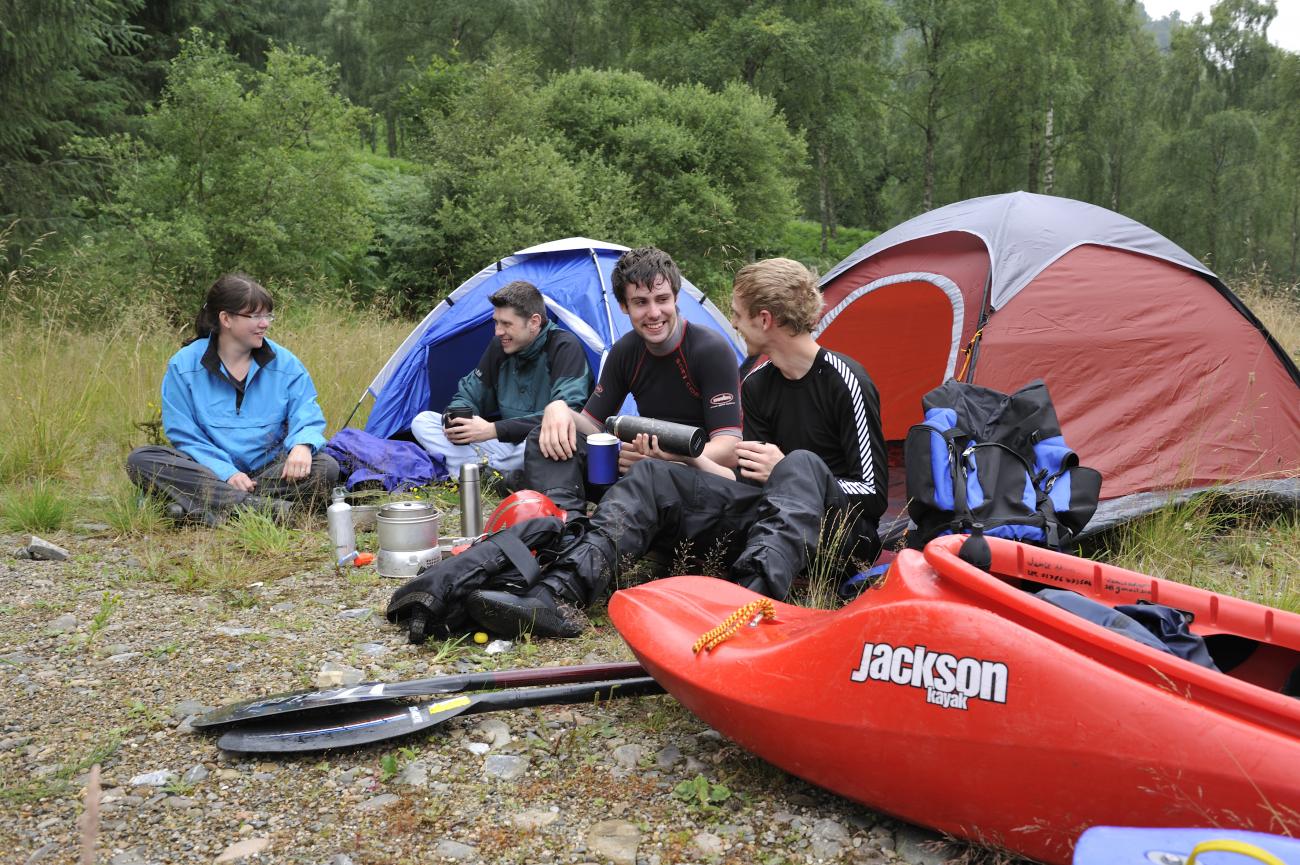This question is really interesting vis-a-vis bushcraft in wales and england, legally (other than seeking formal permission, owning land yourself), and practically (with regard to landscape change, enclosure, conversion to grazing or arable land), it points to the sheer difficulty of practising bushcraft in any meaningful manner.
Other than either setting up a semi permanent site or arrangement with specific permission, or bending the rules somewhere it might not be appropriate (nature reserves) or particularly desirable (forestry), it has always seemed to me that for most people, in england and wales at least, bushcraft is actually really difficult to practice.
I'm currently living in a capital city in southeastern Europe and 30 minutes on a tram from the centre of the city takes me to a fully wooded hill area, multiple tops the size of munroes but wooded all the way up, in which people at the moment are regularly collecting chestnuts, mushrooms and such like for consumption and selling in the markets, as part of normal life. It really strikes me how having this kind of landscape and environment (physically and legally) accessible means the continuation of (for me) more meaningfully 'bushcraft' knowledge and practice than I've seen anywhere in the UK where it is mostly, in my opinion, a really niche practice, set of skills, and knowledge. Heck, almost all the brick and mortar pharmacies here are actually herbalists, centre of the capital, everywhere, widespread common knowledge about use of herbs, TV shows about it! Home slaughter common knowledge and practice, cooking over a fire extremely common outside of the cities and even widely practiced in communal areas like riverside picnic spots (you can even see people cooking entire pigs or lambs on spits over wood fire when theyre having a big gathering!).
Sorry for the diversion. FWIW, I wild camped loads in wales, ok its less populated, and as long as you strike early it was never a problem. Never asked for permission and never felt inclined to. But I really, really, really hated the constant feeling that I wasn't allowed to be there. Loved living in Scotland where this feeling was, obviously, non-existent.

